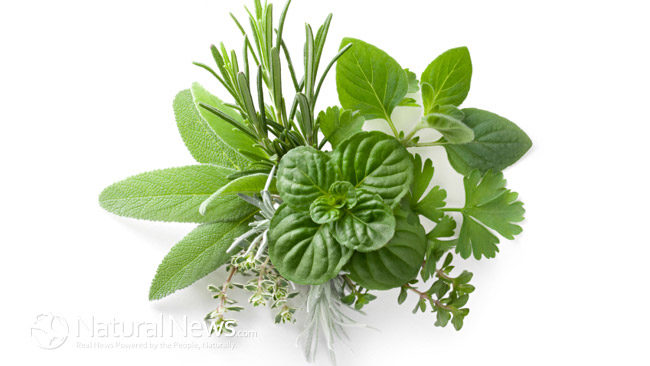by Lynn Griffith
Common colds are the main reason why children and adults miss school an work. Adults get an average of 2-3 colds per year and children often have more. Colds are commonly shared in the winter and the spring but are possible to get any time of year.
Four out of ten adults use alternative remedies to fight illness
For centuries, people have used natural remedies for fight colds and the trend continues. The National Center for Health Statistics reports that nearly 4 out of 10 adults have used some form of alternative remedies to fight illnesses.
Ten herbs that will help fight cold and flu viruses naturally
If you feel a cold coming on, consider the benefits of herbal medicine. The following herbs have been shown to be effective at battling the common cold.
1. Echinacea: Echinacea is known for its ability to enhance the immune system. It stimulates white blood cells, increases production of interferon and increases immune cells ability to destroy invading microbes. Six studies show that echinacea significantly reduces the risk of respiratory infection. A separate six studies show that echinacea shortens the duration of colds and flus.
2. Astragalus: Astragalus is a tonic and adaptogen. Studies show that it boosts immune system and fights viruses, bacteria, and inflammation.
3. Elderberry: Elderberry can inhibit the enzyme that the flu virus uses to penetrate cell membranes. In one study, elderberry juice mixed with raspberry extract, glucose, citric acid and honey inhibited both type A and type B influenza virus.
4. Garlic: Garlic boosts immune function and kills a broad range of microbes. Studies show that garlic is active against cold and flu viruses. Garlic also functions as an expectorate to help remove mucus from the body.
5. Licorice root: Licorice root contains glycyrrhizin, which has been shown in studies to inactivate and inhibit a wide range of viruses. It also contains a polysaccharide ingredient that increases the bodies production of interferon and activates while blood cells.
6. St. John’s wort: St. John’s wort can inhibit influenze A and parainfluenza viruses.
7. Lomatium: Lomatium has been used by Native Americans for bacteria and viral infections. Studies show that it is potent against viruses and bacteria.
8. Stinging Nettle: Studies show that this herb inhibits influenza A virus and is also packed with nutrients. Nettle contains high amounts of carotenoids and flavonoids that help ease allergies.
9. Lemon Balm: Test tube studies show that lemon balm or Melissa oil has antiviral effects against parainfluenza and other bacterial infections.
10. Peppermint: Peppermint oil helps relax the airways and open congested sinuses and nasal passages. One study shows that inhaling peppermint relieves respiratory discomfort.
Instead of purchasing over the counter medicines that often leave you feeling groggy and run down, consider herbs that will help boost your immune system, shorten your time of sickness and allow you to return back to your daily routine. (Natural News).



